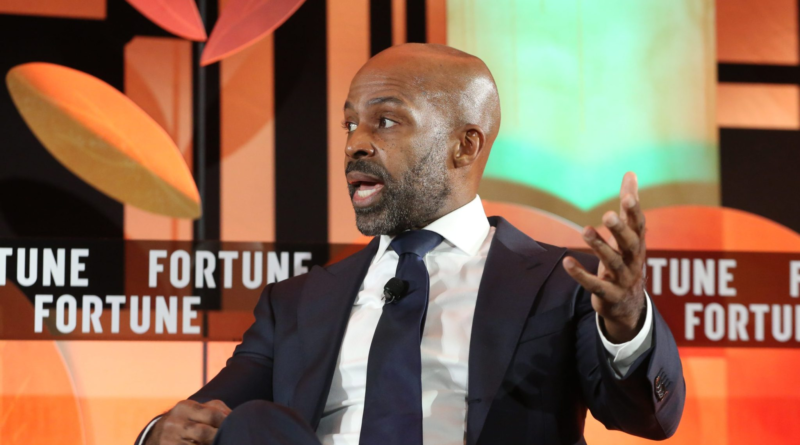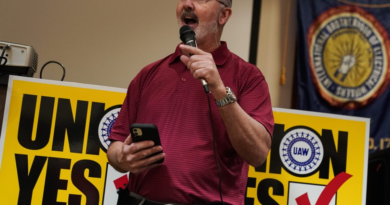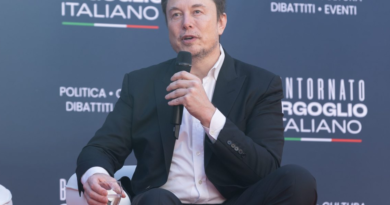A heated debate about DEI might be missing the point
There’s no doubt that everyone’s talking about DEI right now. But are they asking the right questions?
Not according to Alphonso David, president and CEO of the Global Black Economic Forum. At the Fortune Impact Initiative conference earlier this week, he weighed in on the current state of workplace inclusion, and fears over DEI rollbacks. That may be a reality, but he says it obscures a bigger point.
“Why aren’t we asking why the majority of people in the C-suite happen to be white men? Why is that not the right question to be asking? Why aren’t we asking why companies decided to adopt ESG and D&I without actually tying it to performance? Those should be the questions we should be asking, as opposed to, why is a company taking a step back from D&I?”
Over the last few months companies including Harley Davidson, Lowe’s, John Deere, and Ford all reeled back their inclusivity initiatives amid a cultural backlash, and anti-DEI activists like Robby Starbuck have become mainstream personalities. DEI is actually widely popular among the U.S. workforce, but CHROs across the country have been caught up in hand wringing about how to defend their diversity initiatives amid increased scrutiny.
David urged employers to confront the systemic inequalities that necessitate DEI programs to begin with—women and people of color have been locked out of professional opportunities for centuries. That issue is reflected in the faces of C-suite leadership today, and continues to be a pervasive issue. As of 2024, only 10% of all Fortune 500 CEOs are women.
“We have to shift and change the narrative as we talk about these issues, because it still is a problem that women are not leading most of the Fortune 500 companies. And in fact, we only have two black women,” Alphonso said. “Think about that. Why is that not the right question in this moment? That’s what I think we should be talking about.”
You can read more must-read takeaways from Fortune Impact Initiative conference here, here, here and here.
Emma Burleigh
emma.burleigh@fortune.com
Around the Table
A round-up of the most important HR headlines.
California’s new law that ensures a $20 minimum wage for fast food workers has not inflated food prices or increased unemployment, according to a report. Quartz
Wall Street banks are implementing new policies to try and limit the extremely grueling working hours of its junior staffer, but there are concerns if it’s enough to stop the cycle. Financial Times
Many Amazon drivers are contract workers, but that may all change—recent federal labor rulings could pave the way for the company to recognize its delivery staffers as employees. New York Times
Jobless claims surged higher than expected in early October, likely due to Hurricane Helene. Business Insider
Watercooler
Everything you need to know from Fortune.
Potty policy. Some companies in Switzerland are now requiring workers to clock out for their bathroom breaks due to a loophole in the country’s labor laws. —Chris Morris
Crashing. The U.K. is going through a workforce crisis—youth worklessness rates are surging, and productivity levels have fallen to that of the Victorian era. —Prarthana Prakash
New rules. Britain’s new Labor government presented an employment bill to parliament proposing workplace reforms like better maternity leave and banning zero-hour contracts. —AFP




